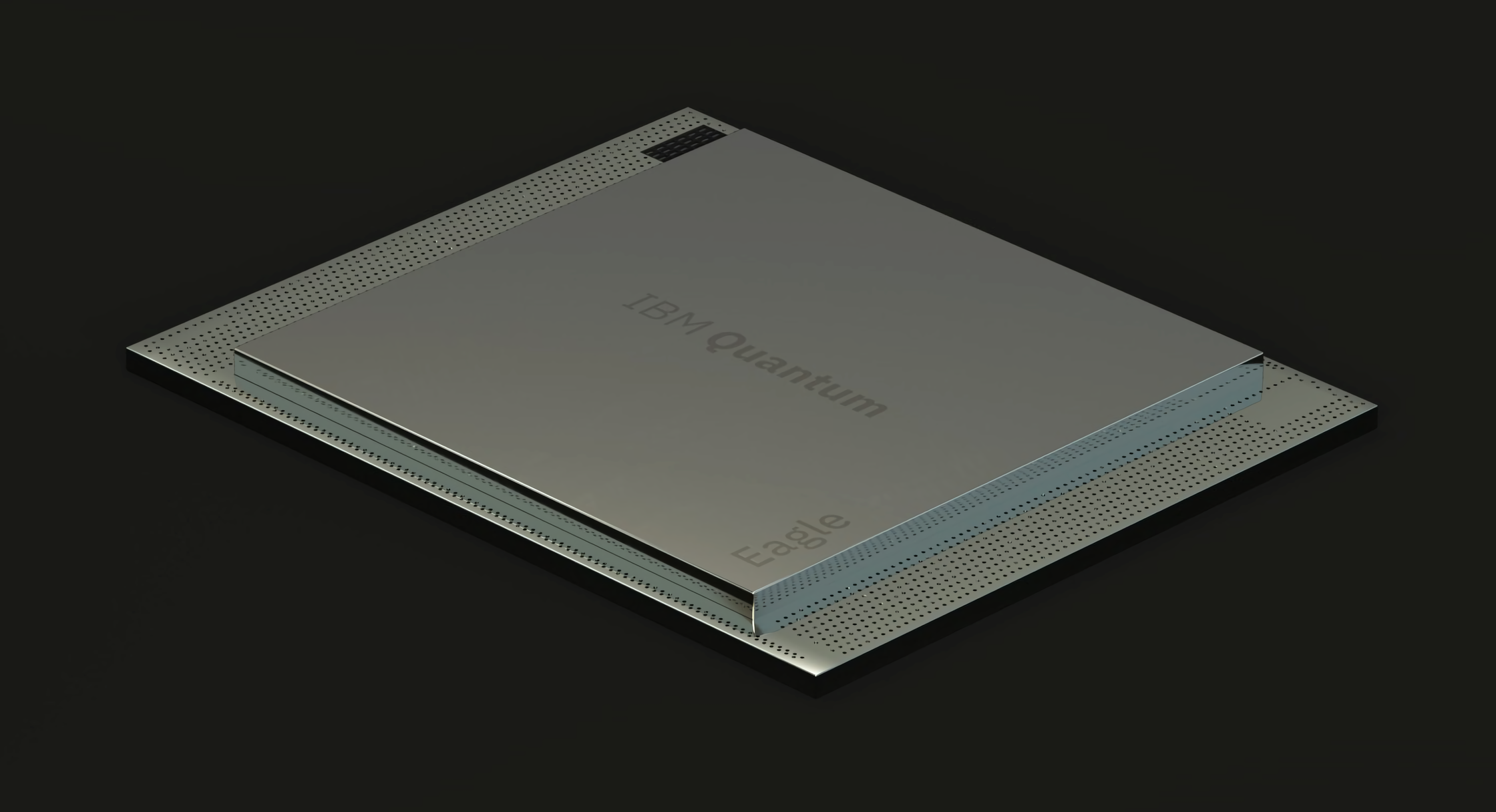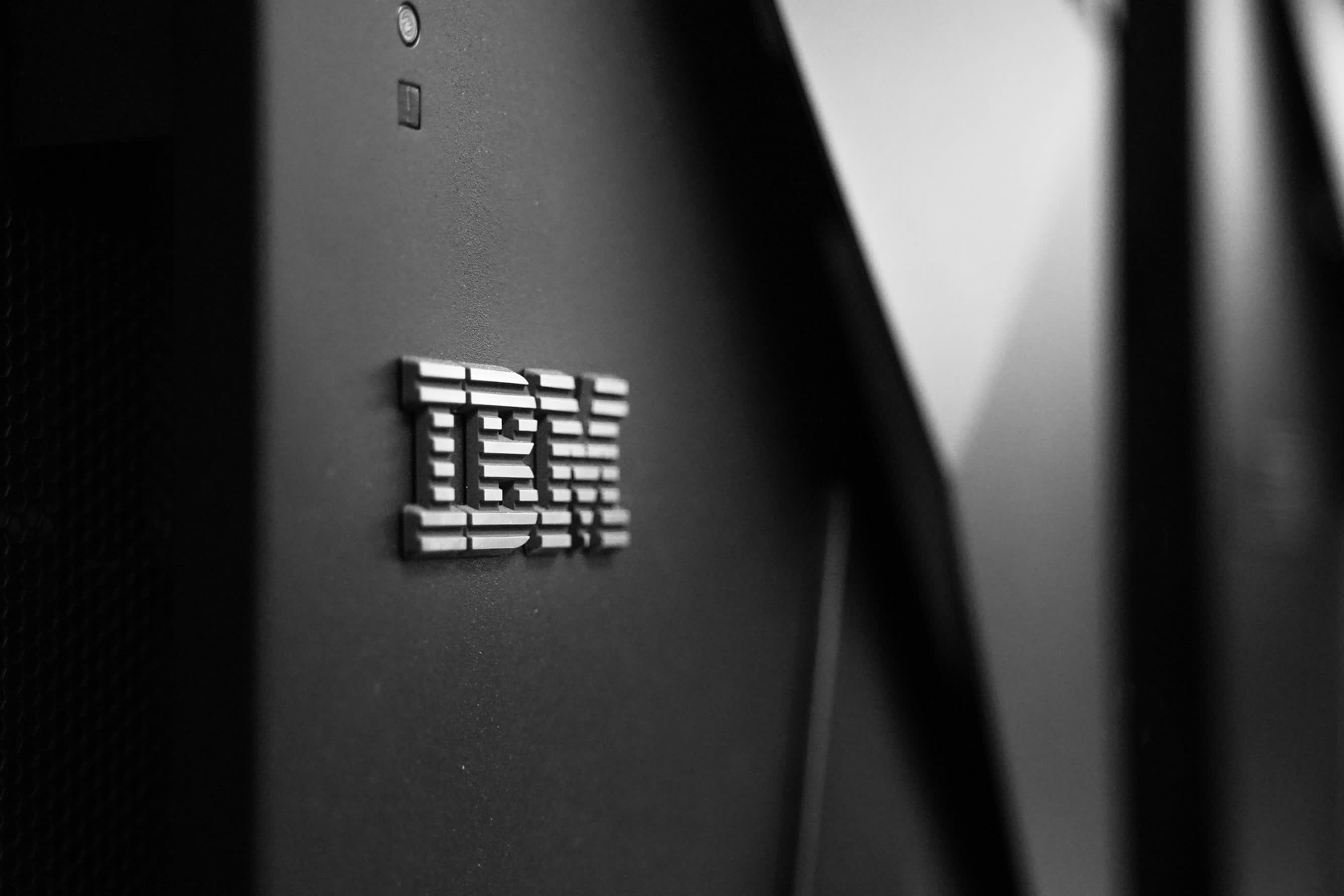In brief: With IBM's Quantum Summit right around the corner, the company announced its latest advancements into achieving quantum advantage, which it expects to happen in 2023. Today, IBM made the new 127-qubit Eagle quantum processor available for select IBM Quantum Network members and announced its plans to launch two more quantum processors, "Osprey" and "Condor."
The IBM Quantum Summit 2021 livestream is scheduled for tomorrow, but the quantum computing giant is already giving us an early look at what will be showcased during the event. Named Eagle, IBM's new 127-qubit quantum processor is supposedly the first processor that a classical supercomputer can't simulate. To put it into perspective, IBM says that a classical computer would need about the same number of bits as atoms of all humans on Earth to match Eagle's performance.
"The arrival of the 'Eagle' processor is a major step towards the day when quantum computers can outperform classical computers at meaningful levels," said Darío Gil, SVP at IBM and Director of IBM Research. "Quantum computing has the power to transform nearly every sector and help us tackle the biggest problems of our time."
The new Eagle processor was built by employing a new technique that places the qubit control components in multiple physical layers and the qubits in a separate layer to increase the quantum processor's stability. This same design will also be useful for IBM's future endeavors in quantum computing, like the 433-qubit Osprey chip, planned for 2022, and the 1121-qubit Condor chip, expected to be available by 2023. With the latter, IBM expects to achieve quantum advantage, a state where a quantum computer can solve a real-world problem faster than any standard computer.

Also read: "The State of Quantum Computing Systems" and "What is Quantum Computing?"
To our dismay, IBM hasn't benchmarked the Eagle processor yet. Without any kind of performance data, it's hard to pinpoint where Eagle stands against the Google Sycamore, Honeywell System Model H1, the Chinese Zuchongzhi processor, and even IBM's older quantum processors.
At the moment, only select members of the IBM Quantum Network can work with the Eagle processor, and only as an exploratory system (aka early access). IBM doesn't guarantee uptime or a particular level of repeatable performance in such systems.
As quantum computing keeps evolving into a more accessible and powerful technology, investors have started to move piles of cash into the industry, hoping to take massive profits from it. One such example is PitchBook, a quantum computer hardware and software firm that has received nearly $1.02 billion from investors in 2021 alone.
Image credit: Carson Masterson
